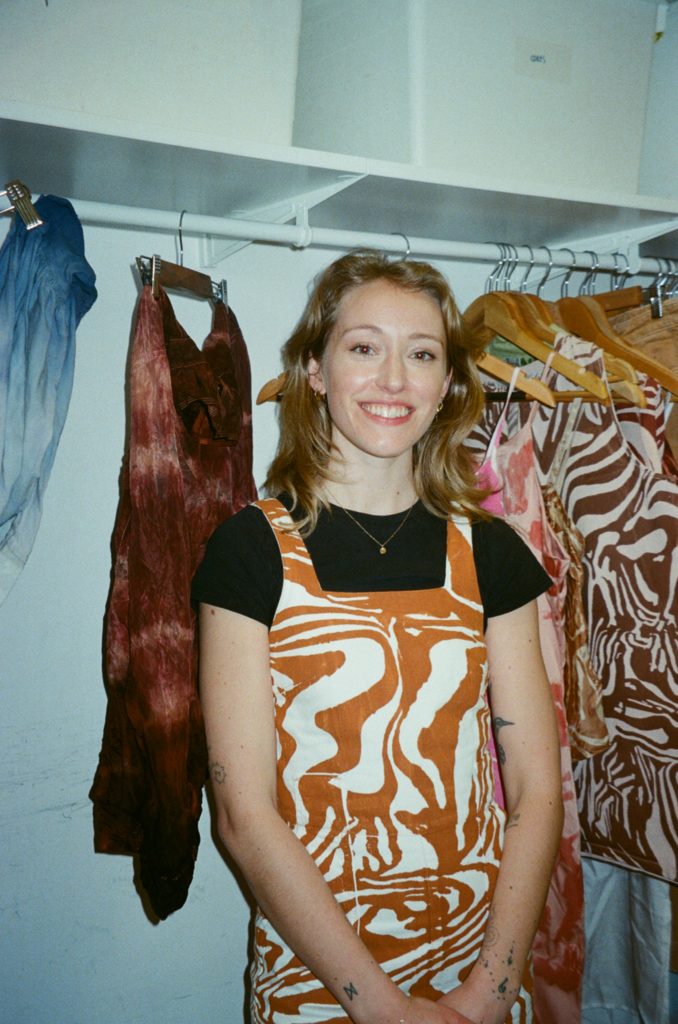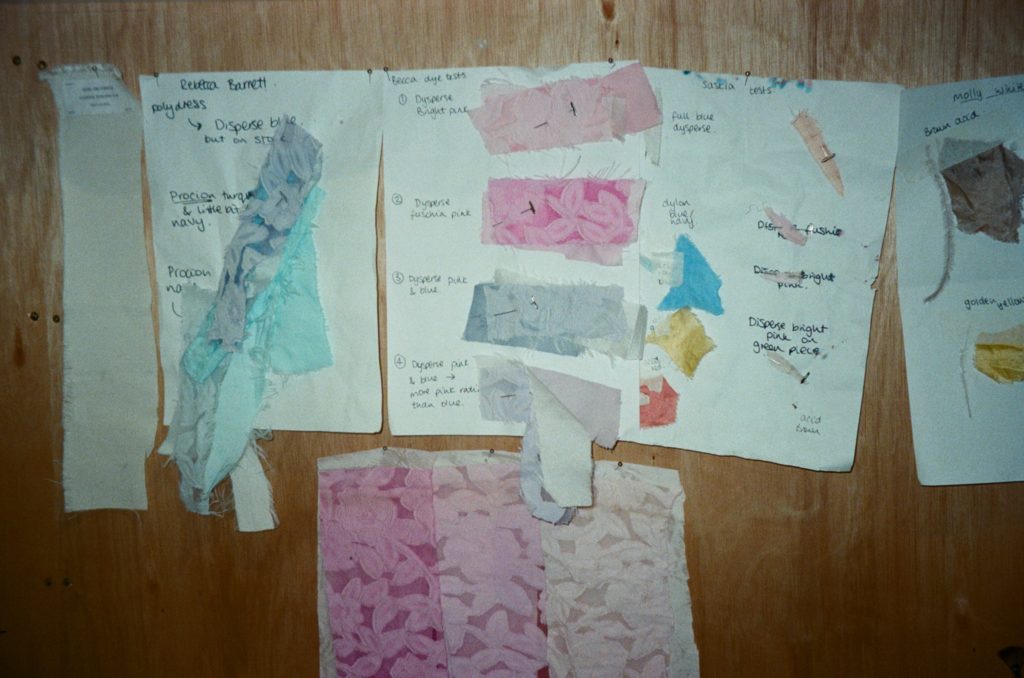

Loom is an upcycling app that connects users with over 100 designers to redesign their clothes. Users upload a photo of an item they want redesigned, post a project, and then get suggestions or directly chat with designers about the final design.
I have always worked in fashion, mainly in merchandising and marketing at places like Burberry. About five years ago, I became passionate about sustainability and started researching the fashion industry’s impact. I initially started a sustainable fashion marketplace which failed, but through customer feedback, I discovered the need for redesigning clothes, which led to the idea of Loom.
No, I studied English and French literature. I used my summers to intern in various fashion areas like PR, sales, and buying, which helped me decide to work in fashion eventually.
A moment on a work trip when I saw school children protesting climate change and handing out flyers about the impact on their future made me realise something had to change. I started researching the harmful effects of fashion and wanted to make a positive impact.
I reached a point where I felt depressed and that my job lacked meaning, so it was an easy decision to try something new despite being naive. I was energised by the possibility of change.

It was the first accelerator combining fashion and tech, which helped me focus on both aspects. The cohort was supportive and insightful, and I enjoyed the talks on sustainability as they helped me flesh out our B2B service for upcycling unsold and damaged stock.
For starting a business, just start and take action, no matter how small. Have mentors you admire for advice and support. For sustainable fashion, remember sustainability doesn’t sell by itself; you need to sell the fashion or the reason why people will buy it.
Make a list of people who inspire you and reach out to them. You’ll be surprised who replies and how generous people are with their time. Even informal mentoring like occasional coffee or WhatsApp chats can be very helpful.
By making the process as easy and fun as possible through the app, providing ideas and examples to inspire users, and minimising touch points to keep it simple.
Yes, we raised a small angel investment round and won an Innovate UK Creative Catalyst grant.
The grant writing was time-consuming with no guarantee of success. Angel investment required speaking to many people and learning to pitch the business well. It was tough but helped build resilience and confidence.
Yes, my angel investors are passionate about sustainability, but ultimately they invest because they believe in the business plan and potential for profit.
Designers can apply through the app or website. We look for experience and previous sales. We also partner with universities and students, considering samples and quality on a case-by-case basis.
We are focused on expanding beyond London into other UK cities like Bristol, Manchester, Leeds and Edinburgh. We are also launching a B2B platform using AI and machine learning to match brands with designers and manufacturers.

To learn more about Loom, head to theloomapp.com and @theloomapp.
Want to find out more about this year’s Evo Fashion programme? If you’re a fashion brand or fashion tech business looking for free business support, visit evolearning.co/fashion to find out more or get in touch with us.
Subscribe to our newsletter for the latest Fashion District updates, and follow us to keep up-to-date with our latest events and opportunities: